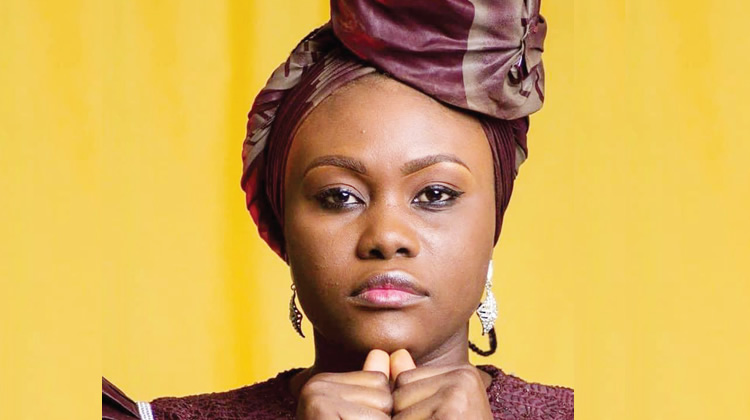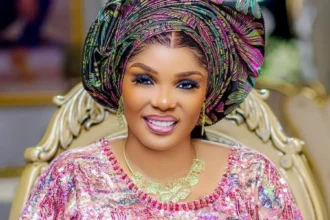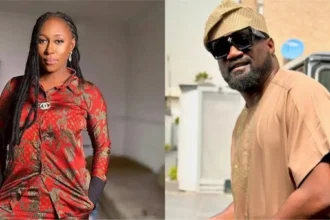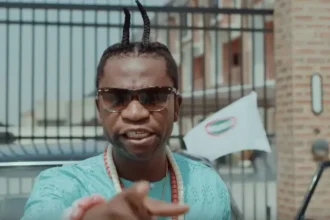...To get all news updates, Join our WhatsApp Group (Click Here)
Also Join our WhatsApp Channel (Click Here)
The gospel music industry is mourning the untimely death of the rising star, Aduke Ajayi, known professionally as Aduke Gold.
The news of her passing was shared on Tuesday by fellow gospel artist, Esther Igbekele, who posted a tribute on social media with a picture of Aduke Gold with the caption, “A general has fallen. RIP.”
Aduke Gold’s death follows the recent loss of another prominent gospel singer, Egbin Orun, who died on April 28, 2024.
Igbekele had also confirmed Orun’s death via an Instagram post.
Igekele wrote, “Despite the competitive nature of the gospel music industry, Aduke Gold made a significant impact with her soul-lifting songs and unwavering dedication to her craft.
“Her talent and passion earned her a growing fanbase and increasing popularity, leaving behind a legacy that will be cherished by many.”
You can get every of our news as soon as they drop on WhatsApp ...To get all news updates, Join our WhatsApp Group (Click Here)
Also Join our WhatsApp Channel (Click Here)












